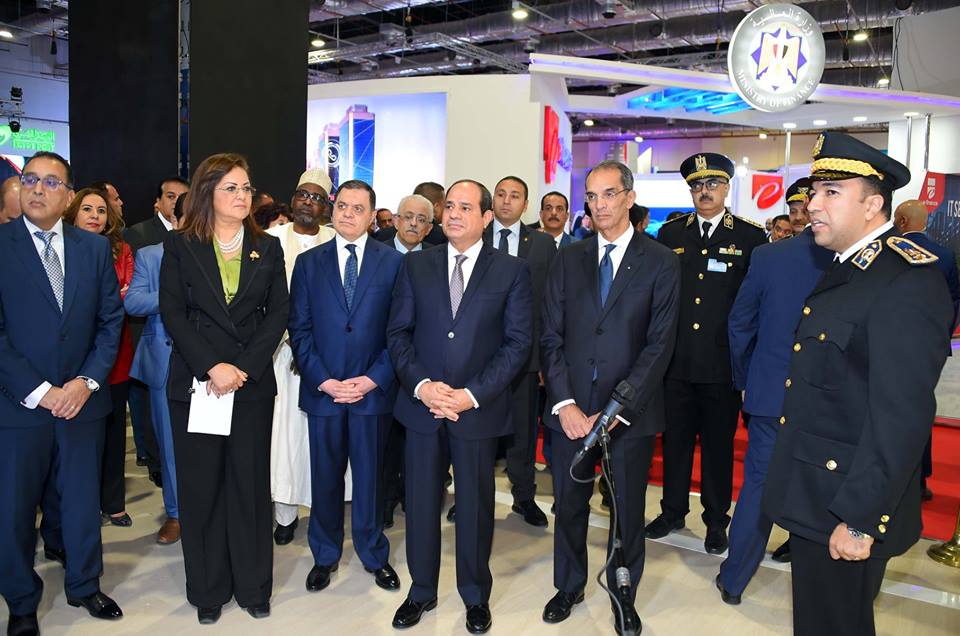MEXICO CITY: Not long after I took office as Mexico’s foreign minister in 2001, a novel problem came across my desk. An Argentine naval officer who had resettled in Mexico under an assumed name was wanted by Spain on charges of genocide, torture, and terrorism. The officer, Ricardo Miguel Cavallo, was implicated in abuses committed in 1977 and 1978 at the notorious Naval Mechanics School in Buenos Aires. According to the Spanish indictment, Cavallo belonged to the operations unit of a group actively involved in kidnapping and torturing people whom the military regime perceived as leftist.
The question before me was whether to extradite Cavallo to Spain, a third country, to face trial for human rights abuses committed in Argentina. Signing the papers would be groundbreaking, as it would signal for the first time that suspected rights abusers might face trial anywhere in the world if justice was not likely at home.
For me, the decision was straightforward: the crimes demanded justice, and Cavallo was more likely to be held to account in Spain than in Argentina. Amnesty laws in Argentina at the time shielded him from prosecution. I signed the extradition papers.
Since then, many inroads have been made to ensure that the world’s most serious crimes no longer go unpunished. The International Criminal Court is up and running, and 107 states, including Mexico, have ratified the treaty establishing the court and acceded to its jurisdiction.
National courts, such as those in Spain, play an increasingly strong role in combating impunity through the exercise of universal jurisdiction. The rise of these types of prosecutions has in turn motivated countries, including Argentina and Chile, to repeal their amnesty laws so that suspected war criminals can be prosecuted at home. The trials of Slobodan Milosevic and Charles Taylor have demonstrated that even heads of state are no longer safe from prosecution. The comfort level for perpetrators of these crimes is shrinking as the options for prosecution expand.
Whether the progress in this battle against impunity continues or slides backwards is now in the hands of the United Nations Security Council. On July 14, the ICC prosecutor, Argentine lawyer Luis Moreno Ocampo, announced that he was seeking an arrest warrant for Sudanese President Omar al-Bashir for orchestrating the atrocities in Darfur. Immediately after the announcement, Sudan’s government and its allies began a diplomatic campaign aimed at securing a Security Council deferral of the investigations for 12 months. They are attracting wider support than they should – in part because of fear of retaliation against UN peacekeepers and humanitarian workers.
But the Security Council must be extremely cautious in considering any suspension of ICC proceedings. Such a decision would be a serious setback to the movement to end impunity for the most serious crimes. It would show that indicted warlords and dictators can avoid justice by holding the Security Council hostage to threats of more violence.
Suspending the ICC’s work in this way would undermine its potential for deterrence, one of the purposes for which it was established. Postponing the case against al-Bashir would seriously undercut the important principle – which has gradually been taking root worldwide – that no one is above the law.
The Security Council’s decision to refer the situation in Darfur to the ICC prosecutor in March 2005 was itself a major milestone in the battle against impunity. That decision demonstrated, for the first time, that there was an institution that could investigate and prosecute the most serious international crimes regardless of where they occur.
Apart from being a victory for international justice, the referral was also a promise to victims of the horrific crimes in Darfur that the perpetrators of the crimes against them would one day be held accountable. For the Security Council to step back from that commitment would do more than abandon the victims in Darfur. It would be a major blow to those around the world who have struggled to put an end to impunity for perpetrators of humanity’s most terrible crimes.
Jorge G. Castañeda,former Foreign Minister of Mexico (2000-2003), is a Global Distinguished Professor of Politics and Latin American Studies at New York University. This commentary is published by DAILY NEWS EGYPT in collaboration with Project Syndicate (www.project-syndicate.org).
